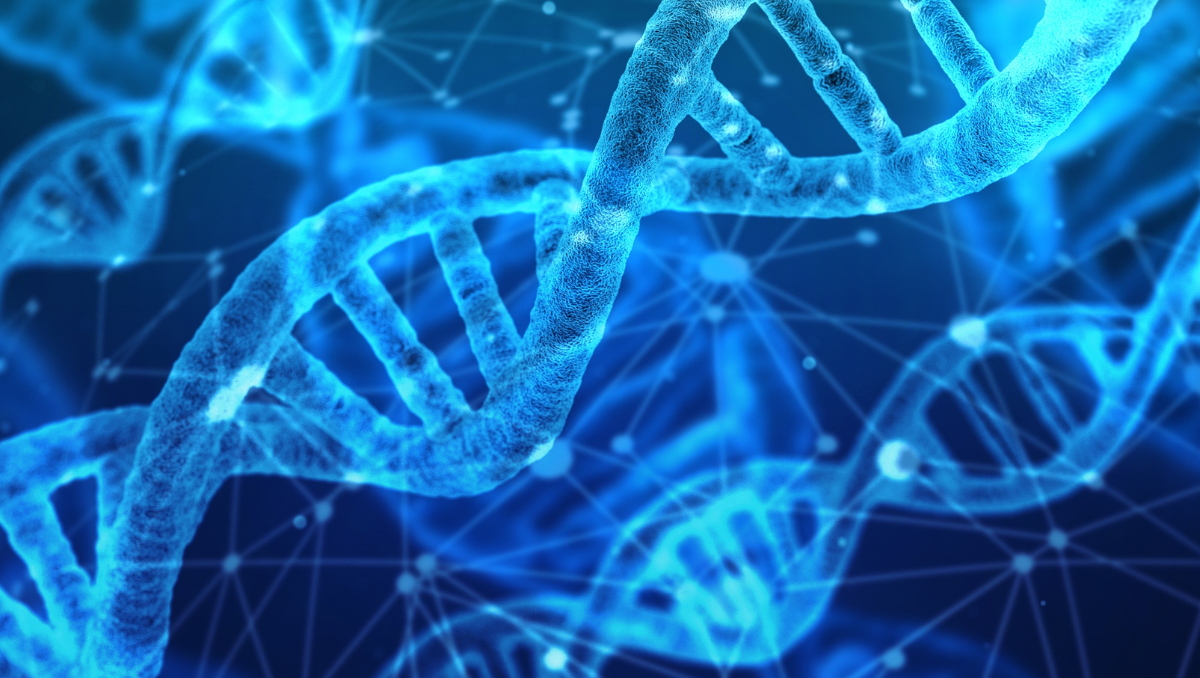Scientists Katalin Karikó and Drew Weissman have been awarded the Nobel Prize in Physiology or Medicine in 2023 for their contribution to the development of mRNA (messenger ribonucleic acid) vaccines.
As per the Nobel Committee, the laureates deserve accolades “for their discoveries concerning nucleoside base modifications that enabled the development of effective mRNA vaccines against COVID-19.”
The need for mRNA for rapid vaccine development
Vaccines have long played a key role in protecting the masses against harmful pathogenic outbreaks. Different methods of vaccine development – whole virus (dead/weak), protein-based, or vector-based methods – have been used to protect us from polio, measles, Ebola virus, Yellow fever, HPV, and Hepatitis B.
However, these methods of vaccine development require large cell cultures and plenty of time. A sudden and large-scale outbreak such as COVID-19 needed a vaccine that could go from development to market availability in a narrow timeframe.
Modified mRNA to the rescue
mitoRNA had been a source of fascination for researchers as a method for delivering therapeutics for years but research before 2005 had stalled due to a high inflammatory response by the immune system to unmodified messenger RNA.
From 2005 to 2010, Karikó and Weissman published multiple papers that revealed their groundbreaking discovery: Modified messenger RNA produced more proteins and did not trigger the body’s inflammatory response. This discovery formed the foundation for the development of multiple COVID-19 vaccines in 2020.
mRNA vaccines saved millions of lives
The discovery of the mechanisms behind safely delivering mRNA vaccines was crucial in the development of two COVID vaccines by the end of December 2020, which have now been administered over 13 billion times, saving millions of lives from loss of life and severe COVID-related complications, says the Nobel Committee.
Katalin Karikó and Drew Weissman share the Nobel Prize
Katalin Karikó, a biochemist, is the 13th female to win a Nobel Prize in medicine or physiology. Karikó, originally from Hungary, and Drew Weissman, from Massachusetts, USA became colleagues at the University of Pennsylvania and began working on unraveling the mysteries of mRNA and the body’s immune response. They published their first paper on mRNAs in 2005.
“Hopefully, this prize will inspire women and immigrants and all of the young ones to persevere and be resilient. That’s what I hope,” Karikó told Nature.
The Nobel Prize money of 11 million Swedish krona (US$1 million) will be equally shared between the two.
